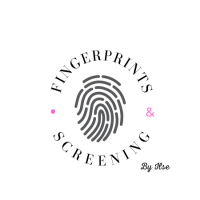How do the fingerprint regulations differ between states in the U.S.
In the United States, there isn't a single gaming control board that issues gaming licenses for all states at once. Each state has its own gaming control board responsible for granting licenses and conducting background checks. While the process of applying for a gaming license may not differ significantly between states, it's important to note that the controlling authority varies from state to state.
So, if you're interested in obtaining a gaming license, it's essential to navigate the specific requirements and processes of each state's gaming control board.
In addition to the information above, it's important to note that several states in the United States have their own specific fingerprint card requirements. While most states accept the FD-258 blue-bordered fingerprint cards, some states have additional requirements. For instance, in New Jersey, along with one FD-258 fingerprint card, two fingerprint cards from the New Jersey State Police are also required. This highlights the slight variations in fingerprint procedures from state to state.
Furthermore, the additional documents that the fingerprint technician and the applicant need to complete also vary depending on the state. For example, if you are sending your fingerprints for a gaming license in Pennsylvania, you are also required to fill out, sign, and include a form from IdentoGo. In the case of Michigan, you need to complete and include a Live Scan request document, while New Jersey requires the completion and inclusion of an identification unit out-of-state form along with the fingerprints.
Considering these factors, it is crucial to stay informed about the specific requirements and forms for each state when undergoing the fingerprinting process for a gaming license.
